The Congressional Link to Blockchain
Congressional leaders guiding the Congressional Blockchain Caucus are finding that part of their informative role necessitates distinguishing between the infamous dark web capabilities of digital commodities and the groundbreaking capabilities that a blockchain platform can offer as an advanced technology.
Blockchain, also described as a distributed cryptographic digital ledger, provides a verified record of transactions that is immutable or unchangeable. Legislators purport that the powerful capability, which some say could transform the economy, can be applied well beyond digital commodities for use in such sectors as healthcare, defense, supply chain management and cybersecurity.
While the role of the caucus is to educate fellow legislators about blockchain, lawmakers say that their efforts have moved beyond addressing issues related to digital commodities. The caucus was established in the 114th Congress after the rapid rise in use and abuse of bitcoin and other digital assets.
“It’s a double-edged sword,” says Rep. Bill Foster (D-IL), one of the co-chairs of the Congressional Blockchain Caucus. “The technology has many aspects to it, and there’s a danger that it will be necessarily vilified or unnecessarily glorified.”
Rep. Foster and other lawmakers, such as Rep. Tom Emmer (R-MN) and Rep. Darren Soto (D-FL), who are also co-chairs of the caucus, do not want the United States to pass up the opportunity that blockchain represents. “The potential economic opportunity that blockchain presents, not to mention how it could transform different industries and improve them and grow our economy as a whole over time, is enormous,” Rep. Emmer states.
“With disruptive technologies, sometimes we get ourselves in trouble when we don’t understand and react to changes in the technological landscape as quickly as we should,” Rep. Foster says. “And while we have to be wise about how it’s being used, I think it is likely to have a very high economic impact.”
Rep. Soto acknowledges, “It’s no secret that many members of Congress are just starting to learn about cryptocurrency and blockchain technology in general. So there is an education process.” He has confidence in caucus members from both political parties as they work with fellow members and educate different House committees. “Together we have a good shot at shepherding through at least some basic definitions and jurisdictions about blockchain and cryptocurrencies.”
As one of the few members of Congress that can program in more than 10 computer languages, Rep. Foster purports that public key cryptography is “one of the miracles of mathematics.” Even so, he and the other leaders emphasize that proponents of blockchain do not necessarily need to understand the underlying arithmetic, just its potential.
“You have to have a good understanding of its capabilities and know that for a blockchain to work there has to be a useful collaboration between multiple entities at different levels of trust,” Rep. Foster says. “It’s not a common way of thinking about problems. Usually trust is viewed as a binary thing, where, ‘I trust this person’ or ‘I don’t trust them at all.’ Blockchain offers different levels of trust for different individuals or groups of individuals.”
Rep. Foster reasons that the use of blockchain is important to the nation, as it will give the United States and other free Western democracies a competitive advantage. “[…]I think ultimately it will make most transactions frictionless,” he notes. “Already, we are seeing a number of use cases emerge that are clearly going to be transformative and positive.”
As a nonfalsifiable ledger, blockchain will be extremely valuable in preventing insider attacks, tracking land ownership, food safety, maintaining supply chain integrity and managing health care records, he says. Many European countries, as well as some counties in the United States, are using or planning to use blockchain technologies to record property ownership. “It provides a mechanism to make sure that no one can take your land away from you by falsifying the database,” Rep. Foster stresses. “And that provides tremendous certainty to the marketplace.”
Given the role digital identity plays in the blockchain verification process, the use of blockchain highlights the need for people to be able to digitally authenticate themselves. As such, the United States needs to pursue digital identification, the Illinois congressman adds. “If you talk about digital contracts, first and foremost, we have to understand who it is exactly that entered into this digital contract and how you verify that person,” he states. “There are dangers when you are trying to do this without a trusted third party, especially when dealing with digital currency applications.” Estonia and Korea are far ahead of the United States in providing a trusted online digital identity for their citizens, Rep. Foster notes.
The military could use blockchain to handle supply chain integrity, “so that you actually know the provenance of a good that you buy that may have passed through a very complicated distribution chain,” Rep. Foster shares. The Minnesotan congressman also supports the military’s use of the digital technology. “In their cybersecurity realm, it could be a game changer in terms of what we do now,” Rep. Emmer adds.
Blockchain could also apply to tracking foreign aid, whether it is security assistance funds given to other countries from the Defense Department or economic assistance through the U.S. Agency for International Development. “When our government has a unique interest in making sure that the money is spent in a certain way, it’s not an unreasonable thing for us to demand very good records on how it is spent, and blockchain is the perfect mechanism for making sure the records are there and that they’re not falsified,” Rep. Foster shares.
For Rep. Emmer, who serves on the House Financial Services Committee, his interest in blockchain grew from several of the committee’s oversight hearings about bitcoin and other digital commodities. “It really kicked into gear about a year ago when I was listening to my Democrat colleagues equating a cryptocurrency with the Silk Road, and then over on the Republican side, they were talking the same way, and I realized we had a major problem,” he shares. “Many of them at that time didn’t understand the difference between blockchain technology and cryptocurrency.”
Outside of raising awareness, the caucus members are highlighting the need for drafting definitions of blockchain and digital commodities for policy use, sorting out which committees in Congress have jurisdiction over blockchain and identifying the related governmental agency oversight. “We as members of Congress need to push these executive agencies to define terms and jurisdiction,” Rep. Emmer notes. “We also need to take the lead on our own committee structures because you got all of these overlapping jurisdictions—the Ways and Means Committee, Energy and Commerce, the Financial Services Committee, the Agriculture Committee—they all claim pieces of blockchain, depending on what the issue is.”
Then, Congress can provide certainty to the industry, Rep. Emmer continues. “I don’t want to force the marketplace to have to try and guess what the rules are going to be, whether it’s IRS [Internal Revenue Service] rules, or whether its SEC [Securities and Exchange Commission] rules,” he says. “I want to give people an idea of what the rules of the road are and encourage them, and have them not only stay in this country, but also invest in this country and grow the different opportunities that are available using blockchain.”
This certainty is key, Rep. Soto confirms, especially for the burgeoning blockchain industry. “We are concerned that startups in this area are spending half their money on legal expense, which is not a good start, so we want to create that certainty.”
To that end, the lawmakers are pursuing blockchain-related legislation, including: H.R.528, Blockchain Regulatory Certainty Act, introduced by Rep. Emmer on January 14; H.R. 923, U.S. Virtual Currency Market and Regulatory Competitiveness Act of 2019, introduced by Rep. Soto on January 30 and co-sponsored by Rep. Emmer; and H.R. 2154, the Digital Taxonomy Act of 2019, introduced by Rep. Soto on April 9. Rep. Soto is also a co-sponsor of the Token Taxonomy Act of 2019, also introduced on April 9. In addition, Rep. Emmer is a co-sponsor of H.R. 2613, Advancing Innovation to Assist Law Enforcement Act, introduced on May 9 to encourage the use of advanced digital technologies, including blockchain, by law enforcement agencies. Additionally, Rep. Soto shares that they are trying to get preliminary wording about blockchain and digital commodities into the language of the annual budget. “We got preliminary language into the budget on protecting consumers, as well as promoting innovation and economic development in the CFTC [Commodity Futures Trading Commission] budgets.”
In addition, Rep. Soto, Rep. Trey Hollingsworth (R-IN) and other members of the caucus approached the administration in May, requesting that the National Economic Council hold a forum on blockchain technology. “I joined my colleague Trey Hollingsworth in drafting a letter to the National Economic Council Advisor Lawrence Kudlow, encouraging the council to hold a forum and look at new blockchain initiatives,” Rep Soto shares. He identified multiple uses for blockchain that the forum could examine: supply chain identity, visual identity, healthcare records data storage and financial transactions.
“The Internet constantly has an integrity issue, and blockchain—by it being a fixed ledger technology—can help out with that lack of confidence with these Internet transactions,” Rep. Soto says. “And with us being a dominant force in the world economy, what better place to really lead the charge than a democracy committed to freedom across the nation and across the world.”
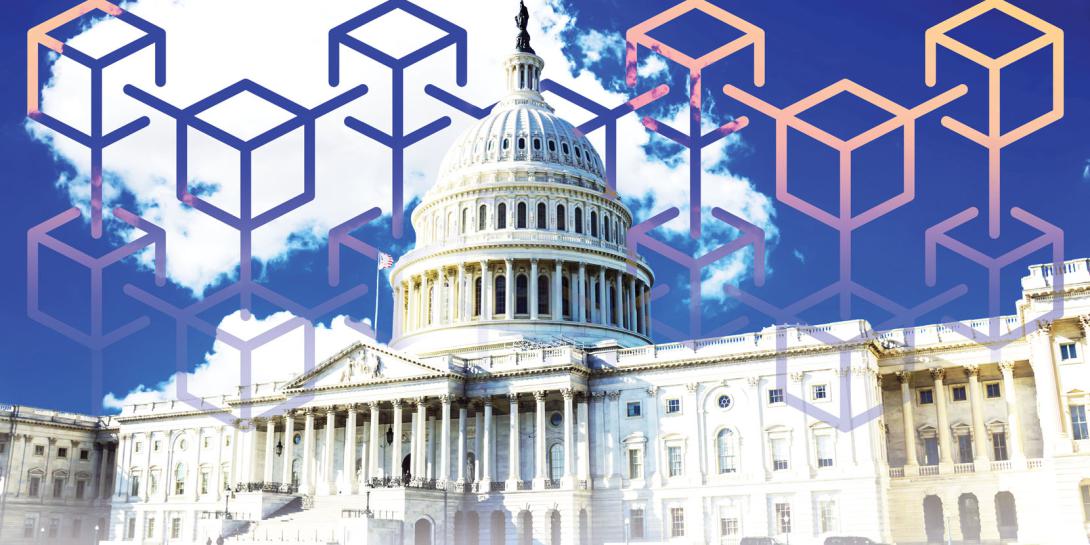
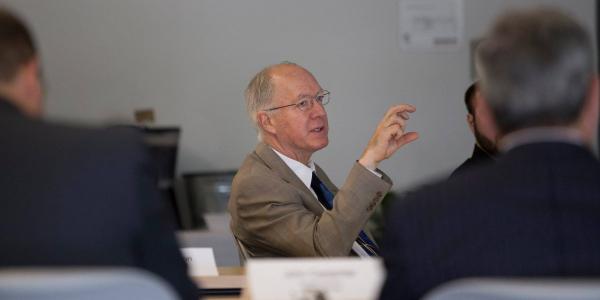
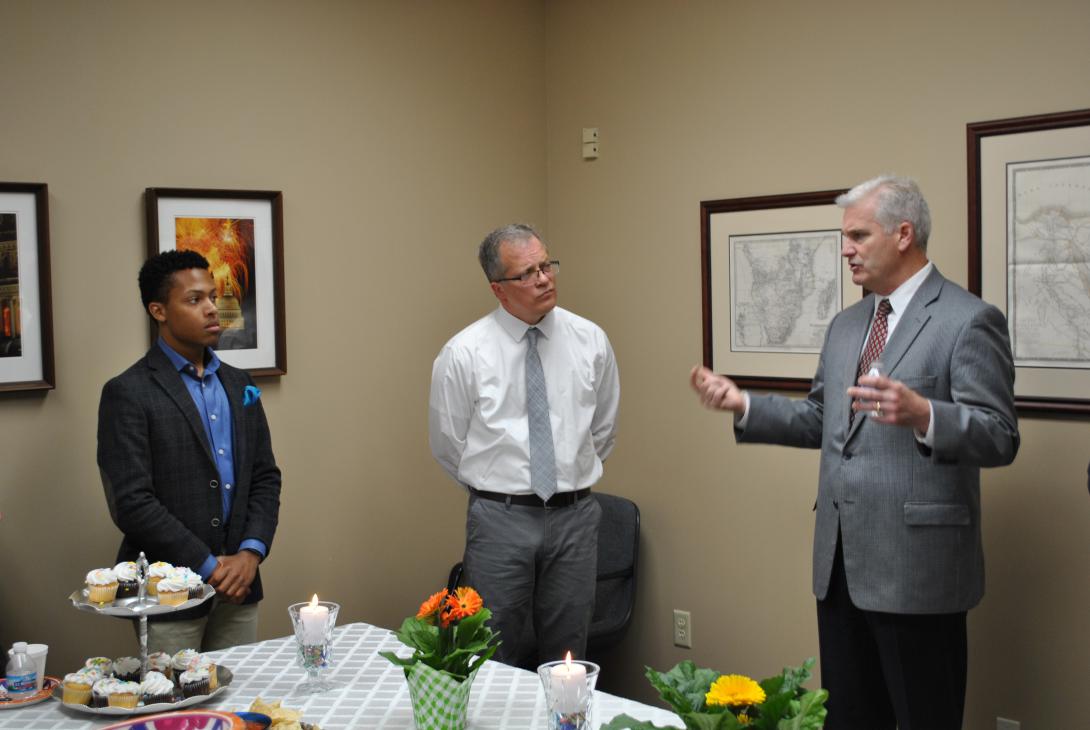
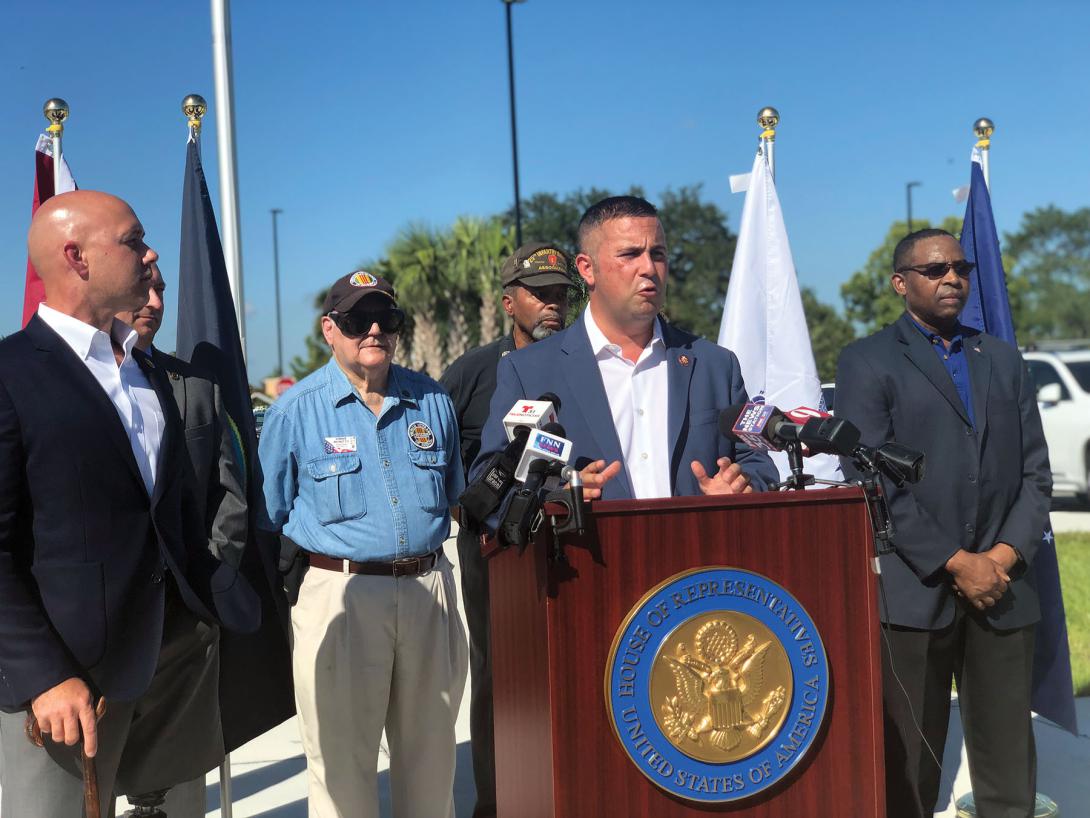


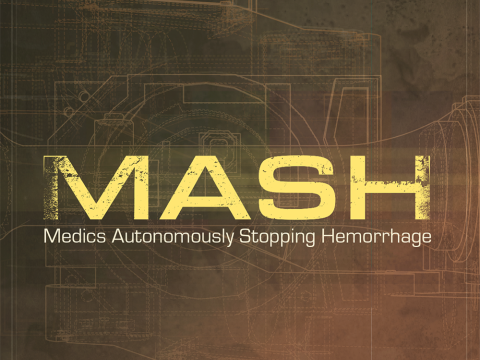

Comments